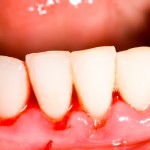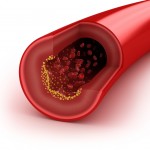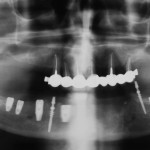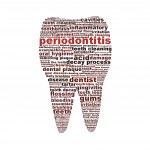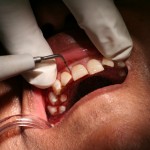
The destructive form of periodontal disease, periodontitis, affects approximately 50% of adults and over 60% of over 65 year olds, with severe periodontitis affecting 10–15% of populations. It is biologically plausible that chronic inflammation from periodontal disease has an impact on diabetes control and a number of epidemiological studies have highlighted associations between the two [read the full story…]
